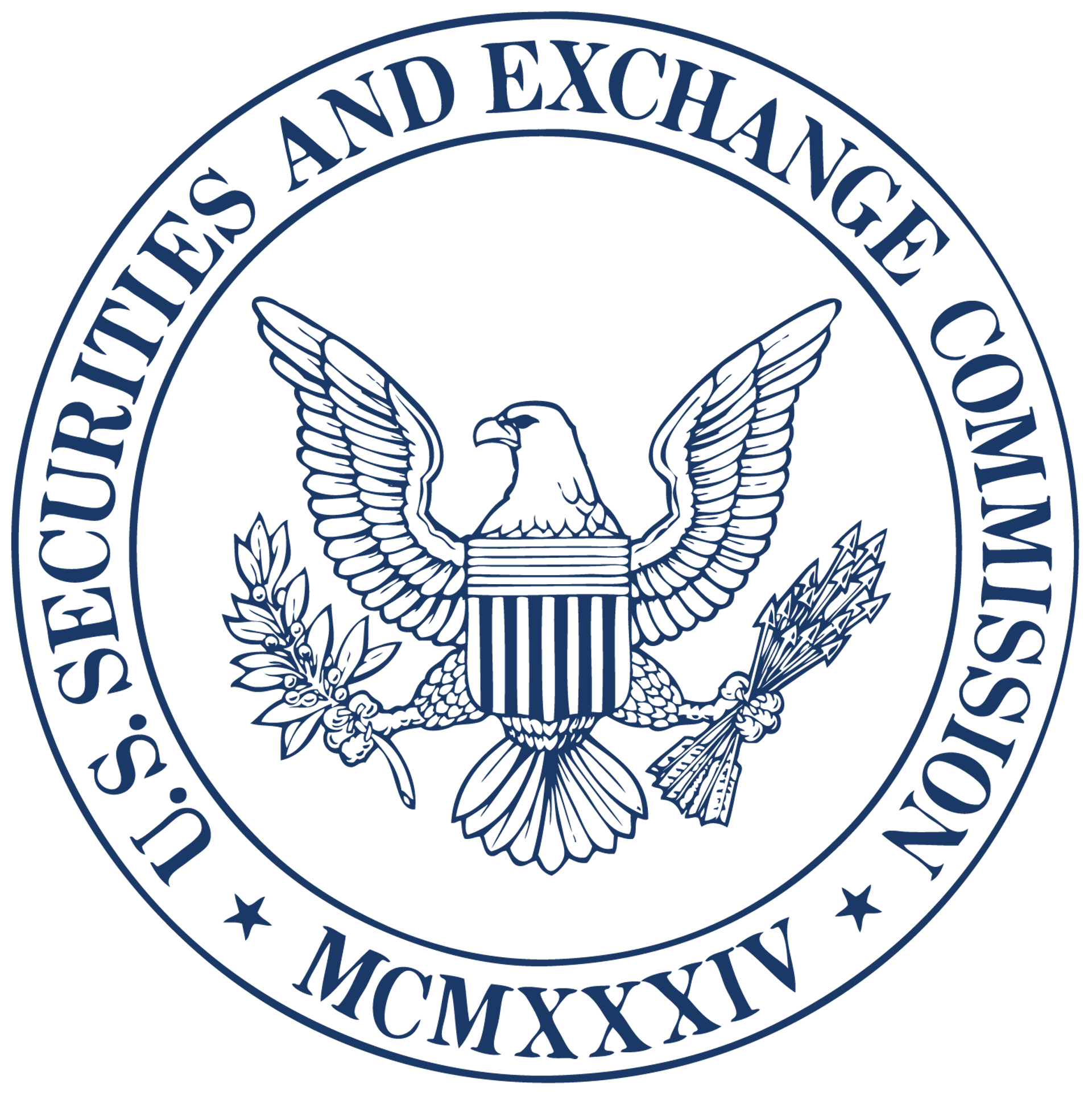CAPILIST ™
LEAD THE FUTURE ™

Understanding: SEC Regulation for U.S. Markets
REGULATION
Mauro Correro
7/15/20251 min read
The Securities and Exchange Commission (SEC) is a U.S. government agency responsible for enforcing rules and regulations that ensure investor protection, as well as market fairness, transparency, and efficiency.
The SEC ensures that companies comply with federal securities laws to prevent fraudulent practices and ensure that investors have access to the information needed to make informed decisions. They have enforcement powers to take legal action against individuals or firms that break these laws.
It is divided in 5 sections:
Division of Corporation Finance: Reviews the disclosure filings of public companies.
Division of Trading and Markets: Oversees the functioning of securities exchanges and the regulation of broker-dealers.
Division of Investment Management: Regulates investment companies and advisers.
Division of Enforcement: Investigates violations of securities laws.
Division of Economic and Risk Analysis: Provides economic research to inform regulatory decisions.
And the main tasks are:
Enforcing Securities Laws: The SEC ensures that companies comply with federal securities laws to prevent fraudulent practices and ensure that investors have access to the information needed to make informed decisions. They have enforcement powers to take legal action against individuals or firms that break these laws.
Regulating the Securities Industry: The SEC regulates exchanges (like the New York Stock Exchange or NASDAQ) and other market participants, such as broker-dealers, investment advisers, and mutual funds.
Disclosure and Transparency: One of the SEC’s most important roles is enforcing regulations related to disclosure. Public companies must file periodic reports detailing their financial performance and any material events. This helps investors make informed decisions by providing a clear view of a company’s financial health.
Protecting Investors: The SEC works to protect investors from deceptive or manipulative practices, such as insider trading or market manipulation. They also educate the public about the risks involved in investing.
Promoting Market Efficiency: By regulating market participants and promoting transparency, the SEC ensures that the market operates smoothly and efficiently. The goal is to create an environment where prices reflect all publicly available information, which ensures fairness.
Overseeing Corporate Governance: The SEC plays a role in regulating how companies are managed, including the structure of their boards of directors, executive compensation, and shareholders' rights. This helps ensure that companies are run in the best interest of their shareholders.
